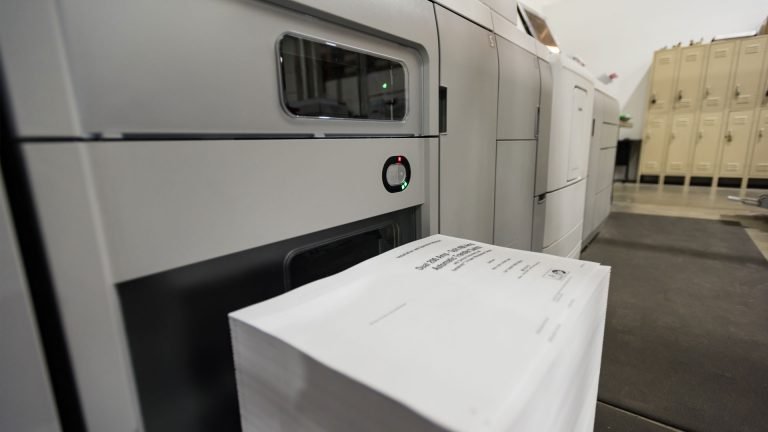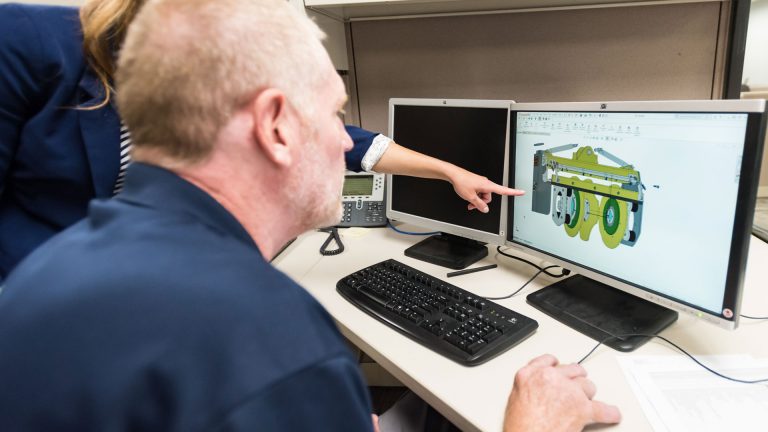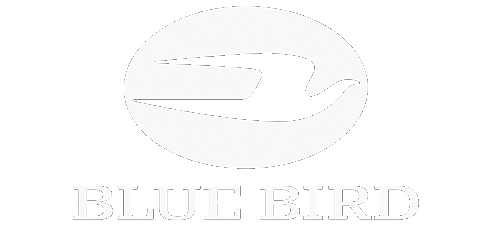Many areas of the United States have recently experienced unprecedented and unexpected cold temperatures. Some of these areas typically do not experience sub-freezing temperatures so winterization/draining of the raw water portion of the engines, transmissions, air conditioners and other components that use raw cooling water is not a priority. Before starting the engine, do a careful visual inspection for water leaking from somewhere that it shouldn’t be.
- Engines with closed cooling (engine block and heater loop) are usually protected by anti-freeze. However, other components, like exhaust manifolds and risers, transmission and oil coolers, heat exchangers, raw water pumps and v-drive transmissions are cooled with raw water which is subject to freezing and damage due to expansion. Thoroughly inspect these items for obvious signs of wetness/leaks; if leakage is evident, take the boat to your dealer before starting.
- Carefully check all raw water pickups, strainers, pumps, and hoses for the engines, transmissions, air conditioners, ballast tanks and other components for cracks or other freeze damage.
- If no leaks are evident during the static check, start the engine and check carefully for leaks as the engine comes to operating temperature.
- Operate other systems and check for leakage and Identify any damaged components.
- If leakage or damage of any type is found, shut down the engines and systems immediately and take the boat to your dealer. Damage from freezing and expansion of the raw water is typically not warrantable and immediate shut down may prevent further damage.


































